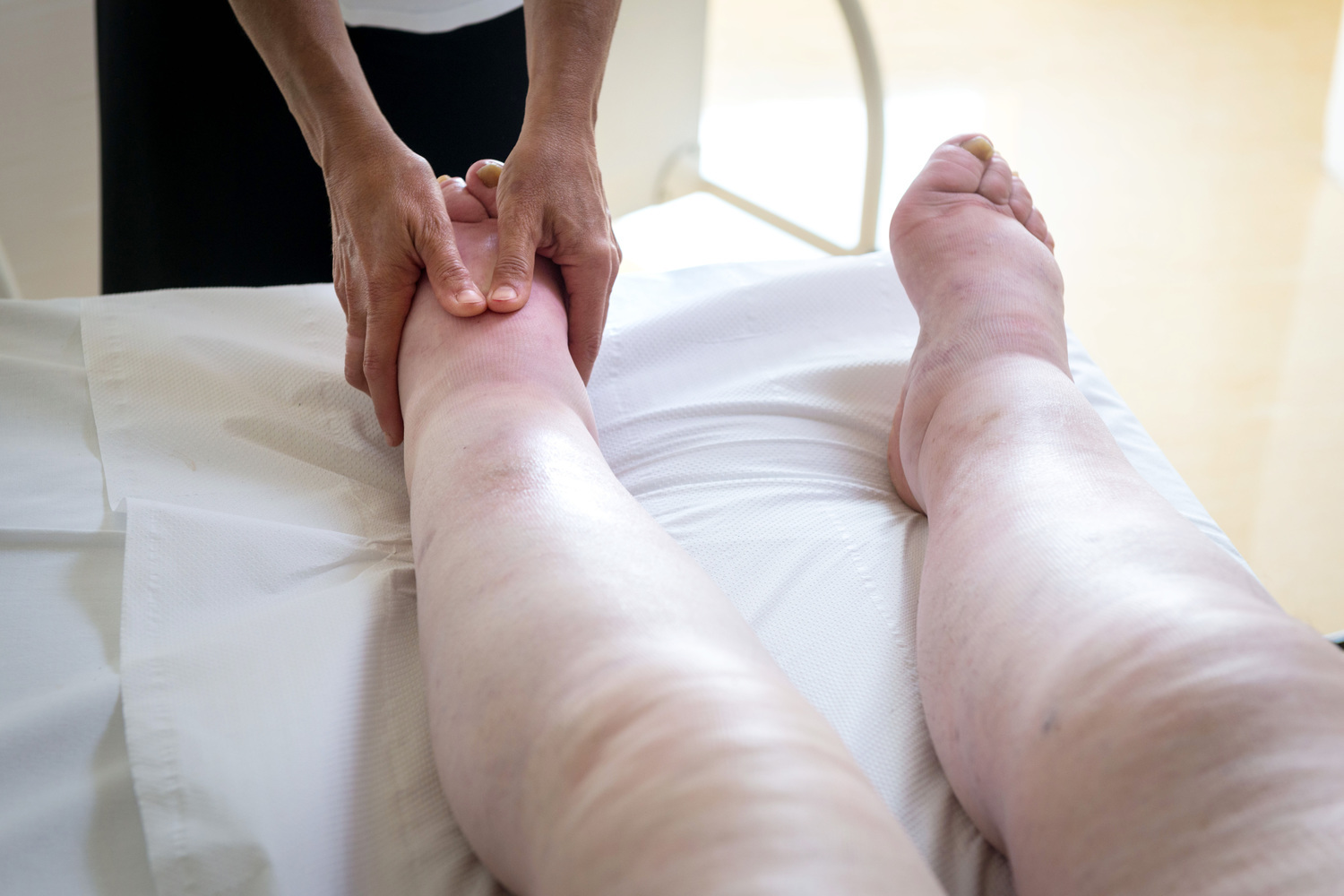Home Remedies For Swollen Feet
Home remedies for swollen feet
Several factors can be responsible for swollen feet. These factors include pregnancy, surgery, or overuse. Most often, it is temporary and not a cause for concern. You might want to take measures to reduce the swelling as sometimes this swelling may become troublesome and bring discomfort. Additionally, you may be able to reduce any pain you might be having and also do your daily activities without discomfort.

However, if your swollen feet do not seem temporary or are occurring alongside other symptoms, it could be a sign of a health concern.
Below is some information to help you understand how to reduce the swelling in your feet and ankles, the health conditions swollen feet might indicate, and more.
What are the causes of swollen feet?
There are numerous causes of swollen feet, some of which are mentioned below:
- Standing or sitting for long – Individuals who keep standing or sitting for too long often feel a weird tightness in their shoes at the end of the day. This is because the muscles in the legs, feet, and ankle don’t get to contract, and they slow down the blood flow. The slow flow of the blood triggers a swelling in the feet.
- High salt intake – Sodium present in salt often results in excessive water retention in the body, causing swelling in the feet, legs, and sometimes also in other body parts.
- Pregnancy – Swelling in the feet and legs is an inevitable part of pregnancy. It occurs because of several reasons, including increasing pressure on the pelvic veins and the release of the hormone relaxin.
- Obesity – The excessive weight and fat prevent normal blood circulation causing swelling.
- Hormone fluctuations – Hormonal fluctuations are common during a menstrual cycle and can make you feel bloated as well as lead to swelling in the legs and feet.
- Lymphedema – It is a condition that occurs when the lymphatic system develops a problem. This system carries white blood cells to different parts of the body.
When should you visit the doctor?
If you notice any of these following symptoms or changes, you must visit a doctor:
- Painful swelling
- Shortness of breath
- Swelling in only one limb
- Fever accompanies your swelling
- A feeling of warmth and itchiness in the swollen area
- Chest pain or a feeling of unexplained pressure or tightness
What are some of the effective home remedies for leg and feet swelling?
- Drink enough water – Swelling can also be caused by inadequacy of fluids in the body. Therefore, drink at least 8 to 10 glasses of water every day.
- Elevate your feet – One of the most effective leg and ankle swelling remedies is to keep your feet elevated while sleeping. If the swelling is caused by pregnancy, then you should elevate your feet whenever and wherever possible.
- Magnesium supplements – Excessive water retention in the body is also a result of magnesium deficiency. Therefore, you can get rid of the swelling by adding magnesium-rich food to your diet. Some magnesium-rich foods are tofu, almonds, cashews, spinach, broccoli, and avocados.
- Potassium-rich foods – Potassium deficiency can result in high blood pressure and water retention. Therefore, include potassium-rich foods, such as bananas, salmon, pistachios, white beans, sweet potatoes, and chicken, to your diet.
- Massage – Massaging the swollen area gently can help in reducing the swelling in the feet or ankles.
What are some preventive measures for swollen feet?
Swollen feet and ankles that aren’t caused by a health condition can be prevented. Some preventive measures include:
- Maintaining a healthy weight.
- Exercising regularly.
- Eating a diet rich in potassium and magnesium.
- Drinking plenty of water.
- Avoiding to stand or sit for long periods of time.
- Reducing the salt intake.